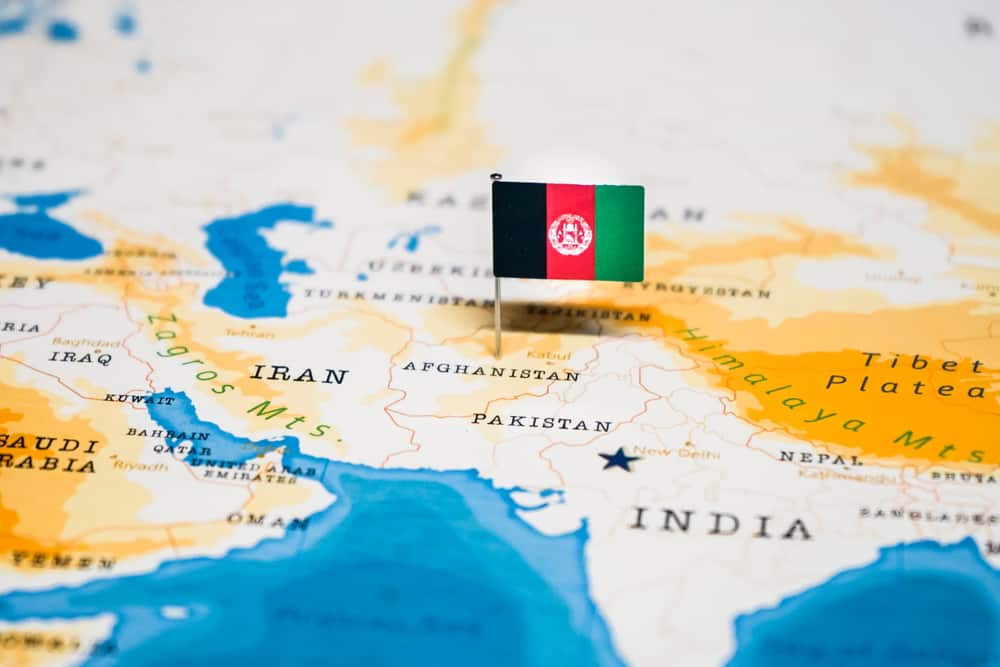With the rise in deportation of Afghan migrants from neighboring countries, a camp in the 11th district of Kabul city has become a gathering point for hundreds of families.
These families residing in the camp have returned to their homeland empty-handed after living for years in Pakistan and Iran. They now face an uncertain future.
Lack of shelter and job opportunities are their fundamental challenges. These families are preparing to return to their respective provinces.
Hijratullah, a returnee from Pakistan, told “We are going to Kunduz, but our future there is uncertain. The education of our children is another concern we have.”
Mohammad Jan, another returnee from Pakistan, said: “We need financial aid to build a shelter. We are facing many problems.”
These migrants, who have spent 40 to 50 years in Pakistan, cite lack of housing, limited job opportunities, and poverty as their main challenges.
Nisar Ahmad, who returned to the country after 45 years, said: “We are going to Khanabad district of Kunduz. We have neither land nor shelter there.”
Farzana, a deportee from Pakistan, said: “We don’t own land and my husband is still abroad. Now we are forced to live in a rental house. We want land and a place to live.”
It is noteworthy that currently, between 800 to 1,000 migrants arrive daily at this camp from neighboring countries, including Iran and Pakistan. The authorities at Baba Jan Camp said efforts are being made to facilitate returnees.
Abulais, the security officer of Lawai Baba Jan camp, said: “We have made arrangements in this camp. We provide tents and blankets, food is also prepared for them, and there is a health section with both male and female doctors.”
Meanwhile, the UNHCR reported that in the month of April, more than 280,000 Afghans have been deported from Pakistan and Iran.

